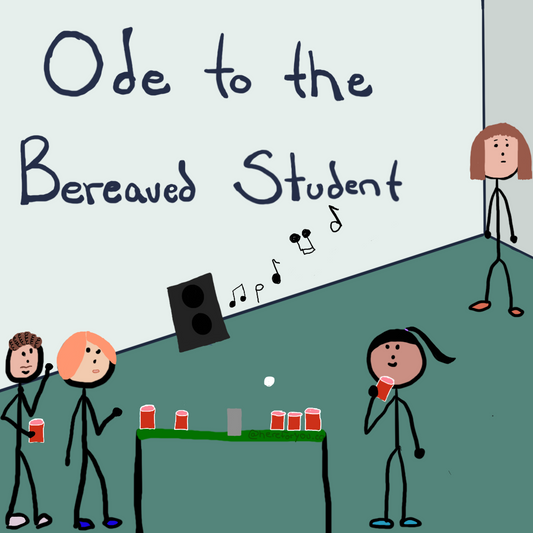- My older sister, Alison, died unexpectedly on August 9, 2017.
- On the morning of August 10th, I sent an email and made a social media post about her death.


I've gotten a lot of texts like this. It is really hard to look at anything time stamped - especially when it was just before or after Alison died. In the year after her death, I also got so many well wishes for good cheer during the holidays or birthdays. I know that people had good intentions, and latch on to any opportunity for happiness and hope that I feel it too. I've done this - though mine came through overly friendly comments on social media posts that showed the bereaved doing anything besides grievin. I desperately wanted to send someone positivity as opposed to focusing on the terribly sad thing that happened to them.
It is much better to acknowledge the difficulty of the day than to pretend that it's all sparkles and ice cream. It took at least 5 years after my dad's death for my family to enjoy the holidays for what they were, instead of comparing them to what they used to be. It is enormously supportive when people let me know that they understand how difficult those types of days can be. Otherwise, I'm left feeling like Alison's death is something that we should all move past and forget. I will be living with her gaping-hole, dagger-in-the-heart absence (and my dad's) for the rest of my life.
I must say that I know that the authors of these types of texts are trying - and I am thankful that they are reaching out during a time that is incredibly difficult for me without a lot of social cues as to what is appropriate. I worry that in sharing my honest reaction to people's good intentions, I will leave would-be supporters feeling that they shouldn't say anything at all. It is always (always, always, always, ALWAYS) better to say something than to be silent.
OK - let's take a peek at example 2:

This person bravely and effectively navigated a realm that can make people feel really uncomfortable - how much involvement is too much? What can I do to be helpful without being overbearing? What should I say?
As a supporter, it is common to wonder if you are annoying the bereaved if you get in touch frequently, especially if you hear little-to-nothing in response. You don't want to cross boundaries or step on toes, especially when their life is unbearable. While it varies from person to person, I appreciate knowing that people are thinking of me. Regardless if they are near or from afar, whether we are close friends or acquaintances from long ago, their communication matters. The only caveat is that they accept the fact that their texts/offers of help may be met with silence. This does not mean that I'm annoyed, and it does not mean I'm not thankful. I still, 14 months later, have a very hard time getting in touch with people and expressing my thanks.
Grief support is one of the truly selfless expressions of love and friendship. It is one of the only times in our lives where we must give without expecting anything in return (even if all you were expecting was a thank you).
I send a big thank you to the people who have been continually supporting me since my sister died, and those who have bravely kept in touch, even as I live like a little silent hermit who is doing her best to make it...
____
Here For You offers fully customizable care packages for family and friends living through life's toughest transitions. Our practical gifts range from curated household essentials to customizable sets of self-care items, all prepared with a personal touch.



